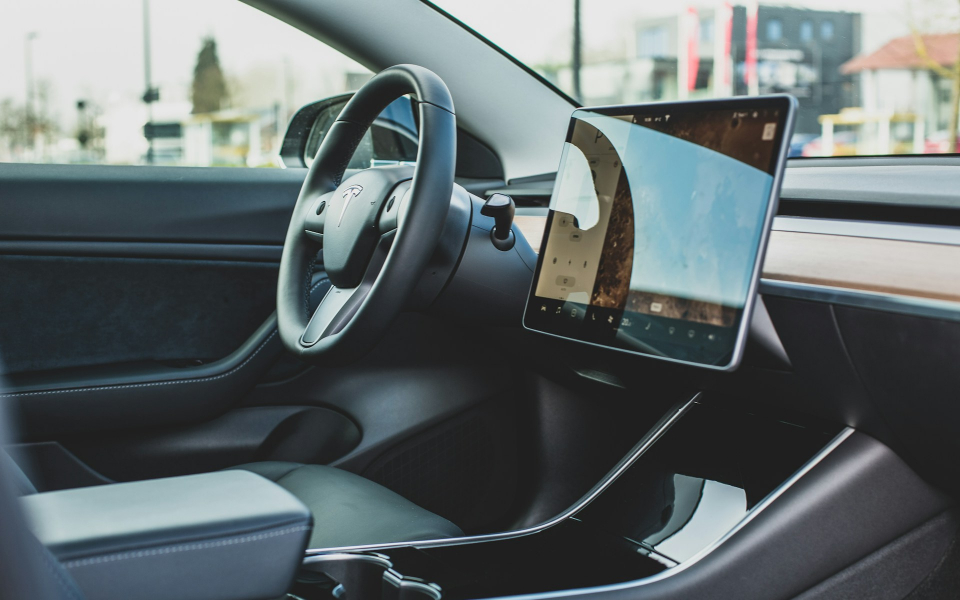Tesla, Inc.
What Happened: According to the report, Tesla vehicles using Autopilot advanced driver assistance technology recorded a crash every 7.63 million miles driven in the last quarter. In comparison, Tesla drivers not using Autopilot recorded a crash in every 955,000 miles driven. This translates to a crash rate 8 times lower for vehicles using Autopilot compared to those without.
The average miles driven by a Tesla before recording a crash is significantly higher than the 2022 U.S. average of one crash every 670,000 miles.
Furthermore, Tesla claims that only one Tesla vehicle fire event occurred for every 130 million miles traveled between 2012 and 2022, significantly lower than the national average of one vehicle fire every 18 million miles. The company clarified that its data includes fire events caused by external factors like structure fires and arson, unlike national statistics which exclude such incidents.
The last vehicle safety report from Tesla was released in the fourth quarter of 2022.
Why It Matters: Tesla is currently laser-focused on vehicle autonomy and is attempting to improve its full self-driving (FSD) software to enable vehicles to operate without human intervention.
FSD is an advanced version of Tesla's Autopilot and includes features like auto lane change and auto park. However, the recent data report does not showcase vehicle safety statistics for when FSD is deployed.
Deploying autonomous vehicles hinges on both technological advancement and regulatory approval. Tesla's Director of Autopilot software, Ashok Elluswamy, said during the company's first-quarter earnings call that regulatory hurdles might be minimal if sufficient data proves the safety advantages of autonomous cars over human-driven vehicles. He added that other autonomous car companies like Alphabet Inc's Waymo have also been paving the way for regulatory approval.
Musk's Vision: Tesla CEO Elon Musk is optimistic about the company's ability to solve autonomy, even if he "got kidnapped by aliens tomorrow."
However, safety concerns remain. In December, Tesla recalled a record-breaking 2.03 million vehicles equipped with all versions of Autosteer (an Autopilot feature), citing insufficient controls to prevent misuse. The company addressed the issue through a software update. The National Highway Traffic Safety Administration (NHTSA) commenced a probe into the remedy last month, concerned that the update is insufficient, and is now seeking further data from Tesla before July 1.
The EV giant has also been asked to confront a proposed class-action lawsuit claiming the company misled consumers regarding its cars' self-driving capabilities.















